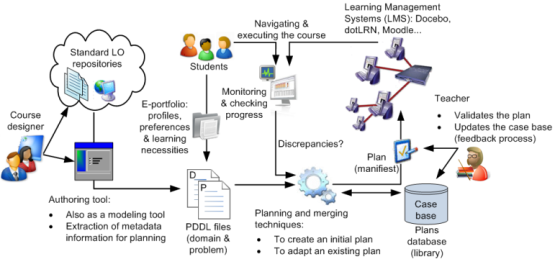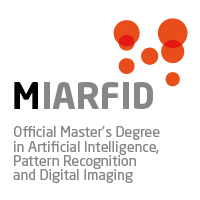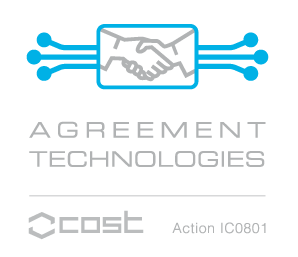GTI-IA Group main objectives are the generation of new knowledge in the area of intelligent systems, cooperation in the analysis of socio-economic problems and training of young researchers
To get the maximum benefit from the research results and its potential impact on the socio-economic area, technological transfer objectives are:
- Implementation of intelligent systems to economic and social problems, to give industrial competitiveness.
- Provide technology and consulting services. GTI-IA has great capabilities and experience in collaboration with companies.
- Collaboration in the identification and protection of potentially exploitable results. The institutional context gives our research and our partners efficient and high secure advices to develop the results.
The GTI-IA research group contributes with:
- Agreement technologies
The aim of this research is to provide autonomous entities the possibility of complex interaction that establish a common framework to developer future interactions.
Furthermore, it is not only that agents are able to interact in open context, it is to provide them the possibility to build this context. Main activities in this line are: automatic negotiation, virtual organizations, trust, reputation, argumentation, normative systems, privacy, agreement networks and social simulation.
- Multi-agent Systems
Multi-agent system (MAS) paradigm is an area of increasing interest in artificial intelligence area, mainly to solve complex systems, where classical techniques give no satisfactory answers.
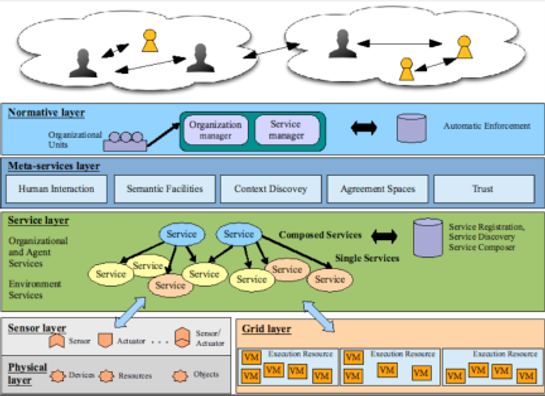
Research lines developed in this framework are: MAS architecture and platforms, MAS develop technologies, holonic systems, intelligence fabrication system based in agents, multi-agent systems and videogames, multi-agent systems and virtual reality, learning in multi-agent systems and real time intelligent agents.
- Planning and advising systems
Planning addresses issues are related with decision making problems and actions that should take place in determined environments to achieve specific objectives.
Decisions will be determined by problem context, action modelling, time in which actions may take place and resources required. Multiagent point of view requires a cooperative planning to combine and complement actions that different agents should carried out. Demographic techniques, filtering or social and behavioural context analysis techniques will by apply. Check myPTutor or click the image above for more details.
- Complex Networks and Intelligent Systems
Many of the systems that we found in our environment can be modeled as complex adaptive systems that consist of a dynamic network of agents (which may represent individuals, businesses, services, resources) that perform a set of activities in parallel and react to what other agents are doing.
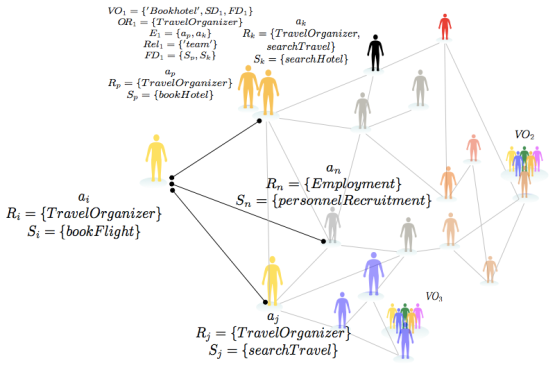
Multiagent systems are considered a suitable tool for the study of complex adaptive systems and especially those distributed and dynamic. A simple way of analyzing these systems is to consider them as a network, that is, a discrete set of entities (nodes) and a set of connections (links) between these entities. The aim of this research is the analysis and development of computational complex systems that show social behaviors using multi-agent systems and complex networks.
Funders
Our projects are funded by the following institutions and companies:

